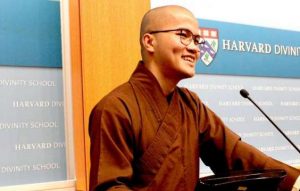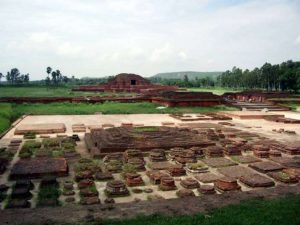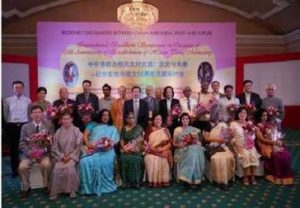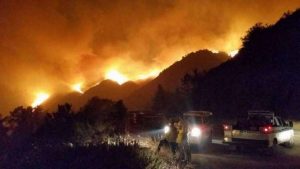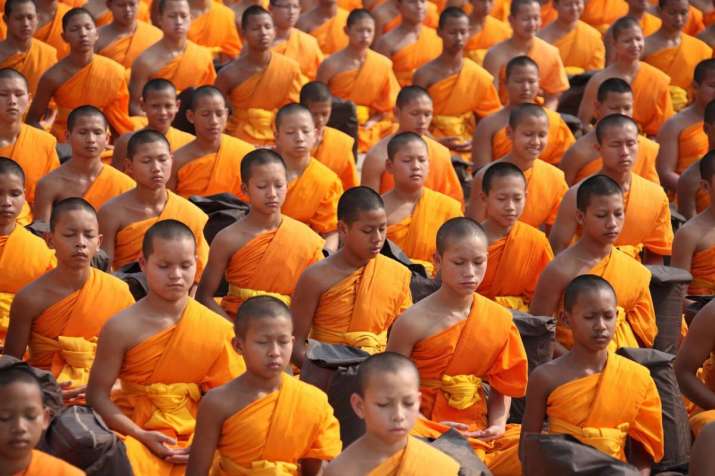
The image of Thailand’s monastic sangha, which has been tarnished in recent years by a growing litany of scandals involving corruption, misconduct, and impropriety, has once again come under scrutiny in light of recent reports about a 51-year-old temple abbot accused of detaining and sexually abusing a 13-year-old novice monk.
Among the allegations detailed in media reports published in October, Phra Khru Sangkharakwinai Inthawinyo, the abbot of Wat Intharam, a Buddhist temple in Kanchanburi in western Thailand, has been accused of detaining the novice monk in his residence for five days and forcing him to provide massages and oral sex.
In a scathing editorial published in the Bangkok Post newspaper on Wednesday, veteran Thai journalist Sanitsuda Ekachai lamented that reports of sexual misconduct among Thailand’s Buddhist monastics have become so frequent as to be almost commonplace. She observed that without sincere and far-reaching reforms and greater transparency in the way monastic communities are governed, Buddhist temples would remain breeding grounds for abuse and could no longer be considered safe sanctuaries of spiritual refuge for the nation’s children.
The novice monk, identified only by the nickname Nat, has alleged that since being ordained in June, the abbot often ordered him to provide massages and oral sex, and even going so far as to detain him for daily abuse over a five-day period. The boy alleged that the abbot had intimidated him into complying, saying he possessed a firearm.
After telephoning relatives for help, reports indicate that the boy was finally rescued from the abbot’s residence by 41-year-old monk Phra Natthee Sirijantho, who alleged that the abbot kicked him, stepped on the boy’s chest, and repeatedly hit his face.
The head of Buddhist affairs in Kanchanaburi, Somsak Sammano, is reported to have said that senior local monks would form a committee to investigate the accusations, “followed by an order from the Kanchanaburi cleric elders to defrock the pedophile monk.” (Bangkok Post)
The abbot has denied all accusations.
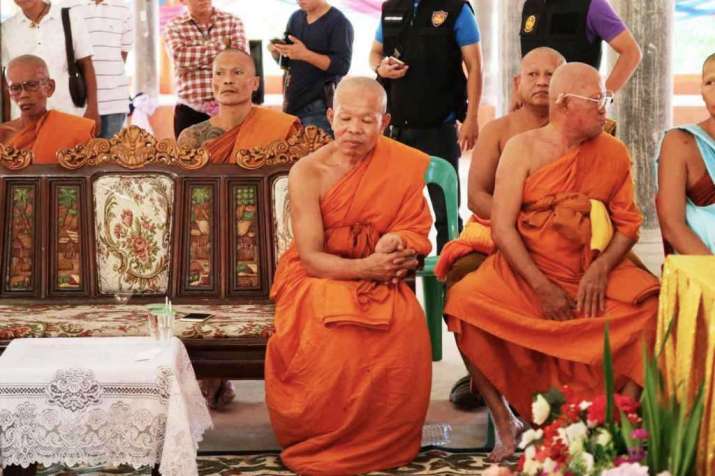
In her editorial, Sanitsuda decries the institutional complacency and complicity that has allowed such a culture of abuse to fester unremedied, writing:
The system is sick. Seriously sick. Yet the clergy keeps turning a blind eye to these heinous crimes which are happening right under their noses to protect their image.
In rural Thailand, being a novice is a ticket for poor boys to get a free education, shelter and financial support. Without proper oversight, sexual abuse is rife, both among the older and younger novices as well as between monks and novices.
Often, as recently happened in Kanchanaburi, the abbots themselves abuse their authority to sexually assault fearful boys with impunity, knowing their victims cannot fight back. (Bangkok Post)
Sanitsuda explains that although some monastic abusers incriminate themselves by posting videos of their sexual acts online, or boasting of their “conquests” via social media, most pedophile monks are able to evade prosecution thanks to “a culture of fear, secrecy, and impunity” that pervades the nation’s Buddhist temples. (Bangkok Post)
According to a 2019 study of 100 reports of misconduct among “rogue” Buddhist monks, “one-third of them involved sexual misconduct. The majority of perpetrators are senior monks with high clerical education. Many are the abbots themselves.” Sanitsuda explains, acknowledging that, “This closed system without transparency and accountability is a fertile breeding ground for corruption and abuse of power.” (Bangkok Post)
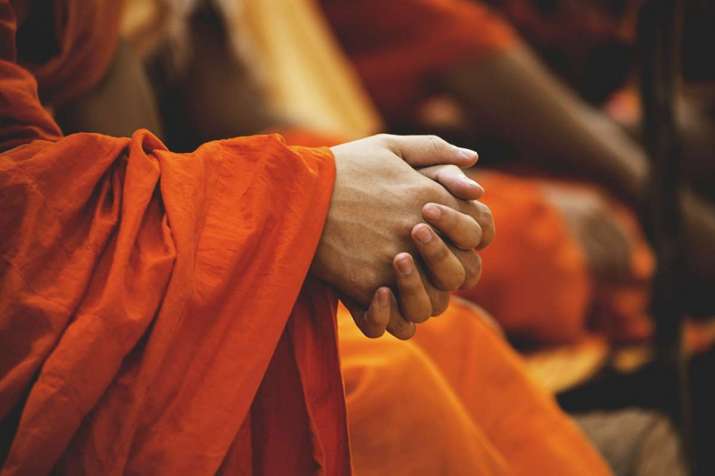
In response to the gravity of the situation, the Thailand-based International Network of Engaged Buddhists (INEB), an international Buddhist community co-founded by the prominent Thai academic, activist, and social critic Sulak Sivaraksa with the aim of connecting socially engaged Buddhists around the world, recently pledged to form a working group to engage with lay and monastic leaders with a view to addressing the systemic issue.
“Short of cleric reform to make monastic communities transparent with external oversight,’ says Sanitsuda, “pedophiles will continue to have a field day in temples that are no longer safe for our children.”
Thailand is a predominantly Theravada Buddhist country, with 94.5 per cent of the nation’s population of 69 million identifying as Buddhists, according to government census data for 2015. The Southeast Asian kingdom has some 40,000 Buddhist temples and almost 300,000 monks. While communities of female renunciants also exist, the monastic authorities in Thailand have never officially recognized the ordination of women, and bhikkhunis do not generally enjoy the same level of societal acceptance as their male counterparts.
See more
Temples no longer safe for children (Bangkok Post)
Abbot accused of detaining novice for sexual pleasure (Bangkok Post)
Abbot Accused of Sexually Abusing 13 Year-Old Novice Monk (Chiang Rai Times)
Thai Abbot accused of sexually abusing teen novice (The Thaiger)
International Network of Engaged Buddhists (INEB)
INEB – International Network of Engaged Buddhists (Facebook)







